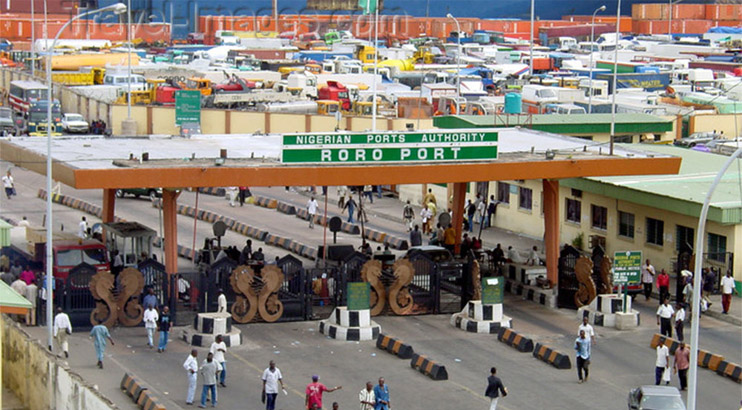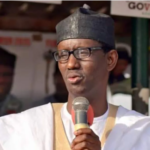
THERE is a growing case to privatise operations at Nigeria’s ports, especially after the Nigerian Ports Authority unveiled a grand proposal to upgrade them at a cost of $1.1 billion starting with the Lagos ports. According to the NPA, the modernisation project will commence in the first quarter of 2024. Considering the shabby state of the ports, this is a worthwhile venture, but continued government management is an outdated policy.
There are six public ports under the NPA’s control – two in Lagos and Port Harcourt each, and one each in Warri and Calabar. Lopsidedness is noticeable as the National Bureau of Statistics says the two ports in Lagos – Tincan and Apapa – carried 90 per cent of Nigeria’s maritime trade in first quarter 2023.The NPA generated N191.4 billion in 2023, remitting N55.7 billion to the Consolidated Revenue Fund. In 2022, its operations fetched N361 billion, up from the N317 billion in 2020.
Aiming to improve on this, Mohammed Bello-Koko, NPA’s Managing Director, said, “The objective is to enhance the physical infrastructure of these ports to accommodate vessels of all sizes and increase the draft at the quayside. Increasing the draft is intended to achieve draft depths of up to 14 metres and this initiative will render Nigerian ports more competitive on a global scale.”
Comparatively, the Antwerp-Bruges Port (Belgium), home to 1,400 companies, handled 287 million tonnes of cargo in 2022.
Nigeria’s ports are notorious for delays, congestion, manual operations, multiple and overlapping public agencies, extortion, policy somersaults, and insecurity. Reforms usually come with new administrations; they usually end up aborted. Consequently, goods destined for Nigerian ports were diverted to DR Congo, Ghana, and Togo. The Lagos Chamber of Commerce and Industry said Nigeria lost N7.6 trillion annually to port congestion. Nigeria’s maritime sector contribution to GDP was a shallow 0.01 per cent in Q2 2022.
Maritime sector contribution to GDP of Europe, which hosts 5.0 per cent of the global population, was 14.9 per cent in 2020, the European Commission said.
It is not all doom however. A new privately-owned $1.5 billion Lekki Port has just opened in Lagos. Another one is coming up in Badagry. This is the road to the future.
There is a new wave of globalisation in the operation of seaports. In 2006, Dubai Ports World (an investment arm of the UAE), took over six ports in the United States. In 2015, a Chinese company, Landbridge Group, bought a 99-year concession of Port Darwin in Australia. In West Africa, the Port of Antwerp has a management contract with Cotonou Port, Benin Republic.
In Nigeria, where the ports have shallow drafts that cannot take large ships, the NPA is shopping for funds to continue in the same old ways. This can only extend Nigeria’s losses in the blue economy.
In the light of this, the NPA should forget the idea of doing the expansion all by itself. It will fail; it lacks the required funds, and experience in Nigeria shows that such public projects suffer delays, cost overruns, abandonment, and corruption.
To maximise the benefits that abound in the blue economy, the Minister of Marine and Blue Economy, Gboyega Oyetola, should work with the Bureau of Public Enterprises to urgently concession the ports. The NPA should revert to the agreed (but abandoned) landlord and regulator model.
This plan should include the adoption of technology and elimination of manual operations. The archaic dependence of the ports on roads to transport goods in-and-out should give way. The expansion should be integrated with modern railway systems. This is the antidote to congestion.
The future lies with privatisation; Nigeria should quickly take that route.





